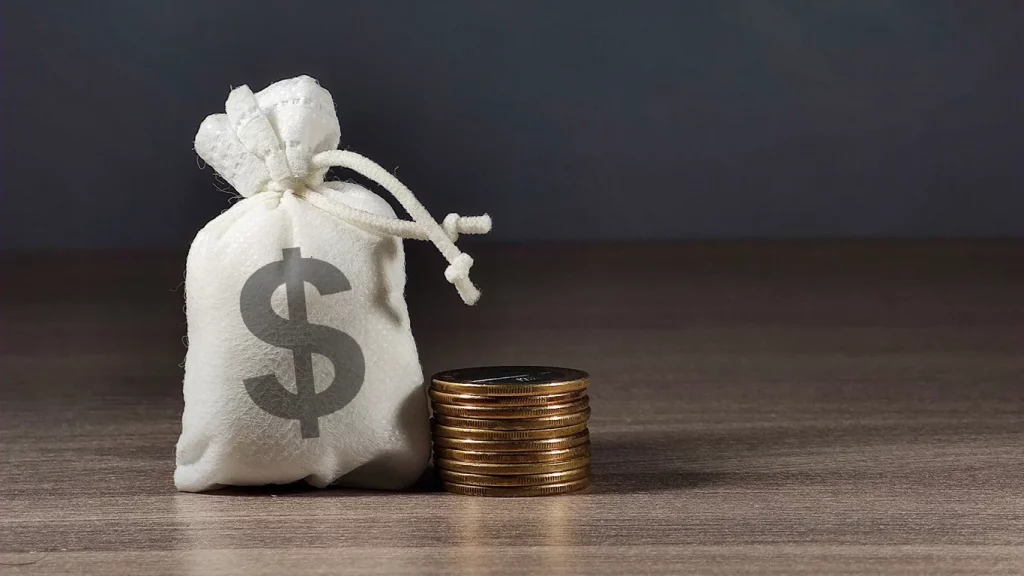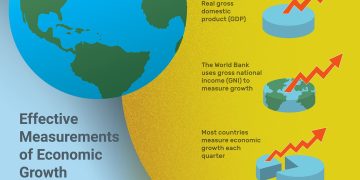The Unfolding Story of Berkshire’s Q3 Financials
Profit and Revenue Trends
In the third quarter, Berkshire Hathaway witnessed an unexpected slight decline in revenue and operating profit, primarily due to the underwhelming performance of its insurance business. Meanwhile, significant reductions in key holdings propelled the company’s cash reserve to an all – time high. Warren Buffett continued to reduce Apple stocks, with a reduction ratio as high as 25%.
The Release of Q3 Financial Reports
On Saturday, November 2nd, Berkshire Hathaway disclosed its third – quarter financial report. The total revenue in the third quarter was $93 billion, slightly lower than $93.21 billion in the same period last year. The operating profit dropped 6.2% year – on – year to $10.09 billion, falling short of the market’s expectation of $10.9 billion. The net profit was $26.25 billion, compared to a loss of $12.77 billion in the same period last year. The investment income was $20.51 billion, while it was a loss of $29.78 billion last year. Operating profit is the metric that Buffett values most as it reflects the tangible growth of the diversified main businesses of its subsidiaries. In contrast, net profit includes “paper investment gains and losses that are meaningless in a specific period”, and the latter usually fluctuates greatly.
The Soaring Cash Reserve
Berkshire Hathaway’s cash reserve in the third quarter rose by $48 billion to $325.2 billion, setting a new historical record. This was mainly because Buffett sold $36 billion worth of stocks in the third quarter. Among them, the reduction in Apple and Bank of America holdings brought in $20 billion and $9 billion respectively. At the same time, Buffett continued to avoid major acquisitions.

The Divergence in Insurance Business Income
According to the financial report statement, the decline in revenue and operating profit in the third quarter was mainly due to poor performance in the insurance business, fluctuations in investment income, increased claims resulting from major catastrophic events (such as hurricanes), adjustments in the stock investment portfolio, and rising operating costs. The performance of the insurance business was divergent. In the third quarter, the operating income of the insurance underwriting business dropped 69% to $750 million, while the operating income of the insurance investment business increased 48% to $3.66 billion. The insurance float reached $174 billion. Additionally, in the third quarter, the operating income of other holding enterprises in the group was $3.34 billion; the operating income of non – holding enterprises was $199 million; and other operating income was – $877 million.
Continued Apple Stock Reduction
According to the 10 – Q report released by Berkshire Hathaway, the company held approximately $69.9 billion worth of Apple shares in the third quarter of its fiscal year, compared to approximately $84.2 billion worth in the second quarter. Based on Apple’s latest stock price, the number of shares held decreased from approximately 400 million in the second quarter to approximately 314 million, with a reduction ratio of 25%. According to media calculations, since the fourth quarter of last year, Buffett has reduced his Apple holdings by 67.2%. The real motivation behind Berkshire’s continuous reduction of Apple stocks remains unclear. Analysts and shareholders have speculated that reasons may include over – valuation and portfolio management to reduce concentration. At one point, Berkshire’s Apple stock holdings were massive, accounting for half of its stock investment portfolio. In May this year, at the Berkshire Hathaway annual shareholders’ meeting, Buffett hinted that the reduction in Apple stocks was for tax reasons as he speculated that the US government might raise the capital gains tax in the future to make up for the rising fiscal deficit. However, the scale of the stock sales has led many to believe that the reduction might not be solely to address tax issues.
Share Repurchase Suspension
The financial report also showed that Berkshire did not repurchase any stocks in the third quarter. In contrast, it repurchased $345 million in the second quarter and approximately $2.6 billion in the first quarter. Berkshire’s Class A shares have risen 23% so far this year, outperforming the 20.1% increase in the S&P 500 index. The group’s share price hit a record high in the third quarter, and its market value exceeded the $1 trillion mark.



































